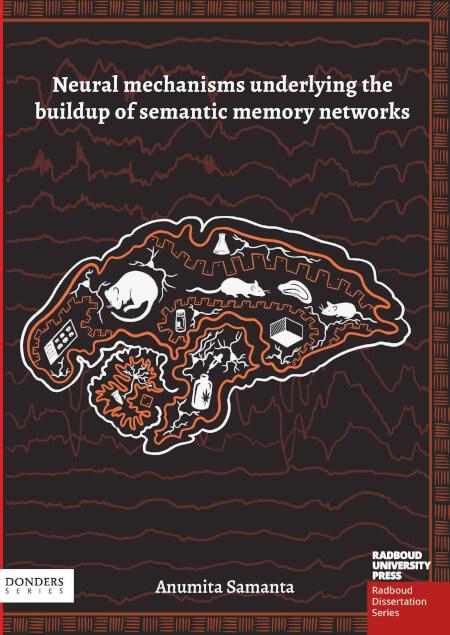Neural mechanisms underlying the buildup of semantic memory networks
Keywords:
Memory, Animal models, Brain, Behaviour, Electrophsiology, GenesSynopsis
Our brain constantly works to make sense of the world, processing new information while integrating it with what we already know. It identifies important details, organizes them into long-term knowledge networks, and uses this foundation to guide decision-making. This thesis explores the neural mechanisms underlying the formation of semantic memory networks, focusing on the differences between simple and complex learning and the distinct roles sleep plays in consolidating these memory types.
Findings indicate that simple memories are resilient, withstanding interference and sleep deprivation, while complex memories rely heavily on sleep for effective consolidation, requiring coordinated interactions between the hippocampus and cortex. Additionally, the cortex is shown to play a more dynamic and active role in memory consolidation than previously understood. This work proposes a novel framework for memory consolidation, emphasizing the importance of using more naturalistic and complex behavioral paradigms in rodents to better capture the neural processes involved. These insights advance our understanding of how the brain builds and maintains semantic memory networks, bridging the gap between simple and complex memory studies.

Published
Series
Categories
License

This work is licensed under a Creative Commons Attribution-NonCommercial-NoDerivatives 4.0 International License.


